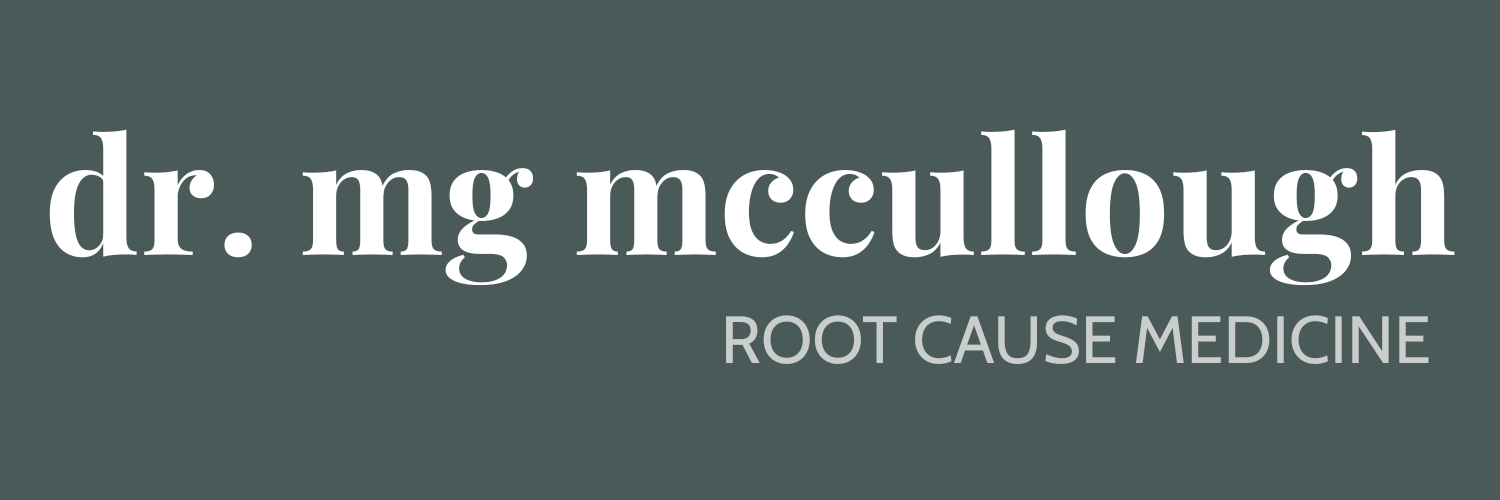is traditional chinese medicine really traditional?
The vast majority of the acupuncture that is taught and practiced around the world is what is called TCM—Traditional Chinese Medicine. This is a modern version of acupuncture—think of it as mid-mod acupuncture—that uses point combinations from only the primary channels rather than focusing on the entire system, which is the primary channels plus the complement channels. Primary channels govern the day to day functions of our organ system, which includes emotional expression, but the complement channels literally exist to protect our organs, and they get to work when the primary channels fail.
We cannot expect to heal simply by treating the channels that have already failed. this is like asking a sick person to get up and make their own meals.
In China, acupuncture is often practiced differently, where patients are seen multiple times a week—and in some cases, multiple times a day. This is appropriate, because practitioners are only using the primary channels, which, as mentioned above, govern the day to day functions. If you have the opportunity to get primary channel treatments multiple times a day/week, eventually, there’s a good chance that the primary channels will operate so smoothly and efficiently, that you might be able to clear the pathology that has been shunted to the complement channels.
However, if you’re getting a primary channel treatment once a week, as is common in the western world, it’s less likely that you’re going to be able to unearth the depth of the problem.
What disappoints me is that there is a tremendous hole in acupuncturists’ education. From talking to my colleagues, I have learned that many schools make no mention of how TCM was created and more importantly, what was left out. Some acupuncturists, primarily in online spaces, will comment to me, dismissively, that they’re glad I’ve found a type of acupuncture “that works for me” but that everyone practices differently. But that’s like saying a french fry didn’t come from a potato. [laughter]
It’s not their fault, but many acupuncturists don’t understand that the relationship between the complement channels & the primary channels—that TCM was created from a small part of the complete system of acupuncture—so therefore, they’re using what they were taught in school and doing the best they can. And while TCM helps thousands of people every year, Chinese medicine, when practiced in full, can do so much more, and I feel very strongly that this is a conversation that needs to be had amongst practitioners, patients, and acupuncture schools so that our profession can better serve people who seek out our help.
I genuinely hate to hear that someone “tried acupuncture & it didn’t work”, because that’s so much less likely to happen when acupuncturists use the full range of Chinese medicine versus a small part of the system.
There is a growing group of acupuncturists world wide who are committing to learning how to apply these channels, complexly described in the classical acupuncture texts and expertly clarified by Ann Cecil-Sterman in her landmark book Advanced Acupuncture, which is the culmination of twenty years of studying and practicing with Master Jeffrey Yuen. There are a variety of acupuncture traditions, all with their unique benefits,

